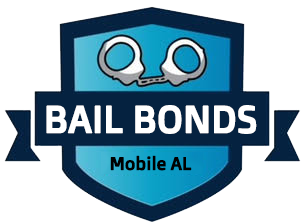
There is a huge sense of relief that comes with getting released from jail after an arrest, but unfortunately finally being out does not mean that one can simply forget about the whole thing and move on with their life. Until the case is concluded there are still things a defendant must do and other optional actions that can help to make a better case. Here is an overview of the best things to do while out on bond.
Keep in accordance with bond conditions
When it comes to non-negotiables, bond conditions would be the most important factor. When a judge sets bond for a defendant they also have bond conditions that are attached. These conditions can vary depending on the defendant’s past criminal history and charges at hand but some of the most common ones that are imposed include travel bans, drug and alcohol testing and mandatory classes if needed such as anger management or sobriety treatment. Since these are a part of the bond, if they are violated it can lead to the creation of a bench warrant for the defendant’s arrest and in turn the bond being revoked.
The importance of employment
Employment can make a significant difference in how a judge will view a defendant’s use of time. Employment specifications tend to be another common bond condition where a judge will insist that the defendant either maintain employment or seek employment if they currently do not have a job. The reason why this can be such a significant factor is that when a defendant maintains their employment it shows that not only are they contributing to society in a consistent way but it is also a means to stay accountable with less opportunity to flee without consequence. This is also why finding employment is often a bond condition. While it is not mandatory to stay at the same job while out on bail, it often looks a lot better to the courts if someone just stays consistent and avoids job-hopping too much.
Look for volunteering opportunities
Volunteering is the ideal way to show the courts that you are looking to make a difference or even turn over a new leaf. When a judge sees that someone has been actively and consistently volunteering their time while out on bond, it tends to be looked on favorably and could perhaps lead to a more forgiving sentence. In addition to this, a defendant can also benefit with already being involved with a volunteer organization because they could potentially either use hours worked to go towards future community service or continue to work with them to apply community service after sentencing.
Maintain your Support Network
Having a support system in place is also essential in the eyes of the judge. This is important not only because it will always be a stressful time that could lead to breakdowns or poor behavior to cope with the stress, but also because those who have family around are less likely to try and skip bail and flee. Just like having a job, having family ties makes a defendant seem less of a flight risk to a judge. As shown above, there are many things that can be done between being released on bond and your court date to show the judge that you are taking the situation seriously and doing your best to make amends and return to society.



